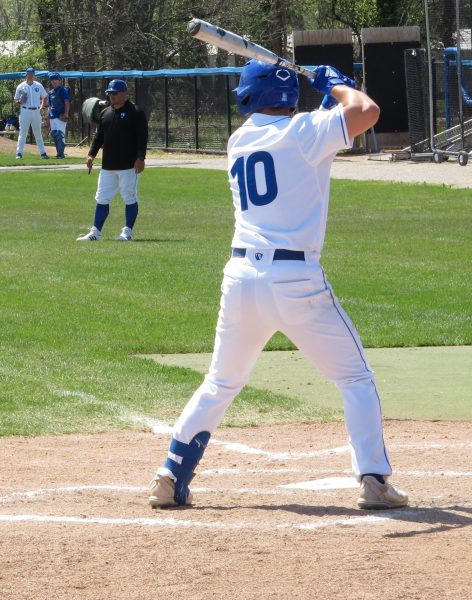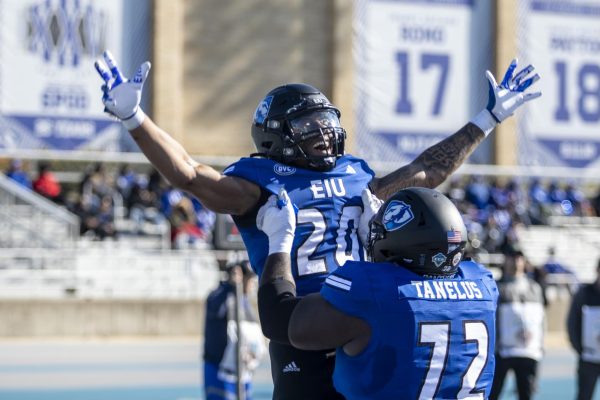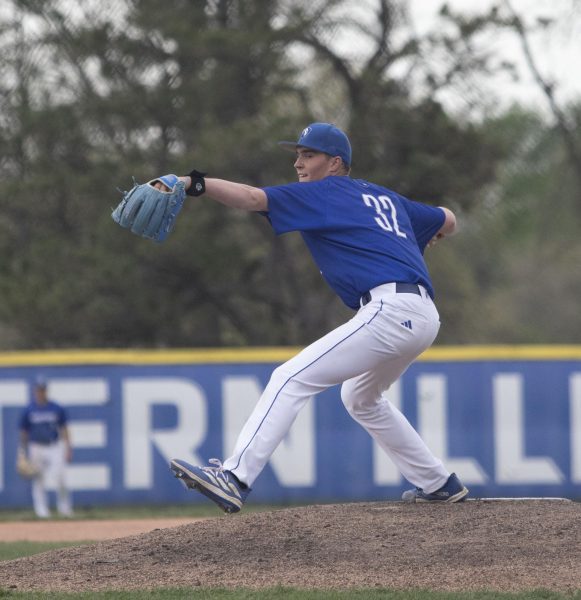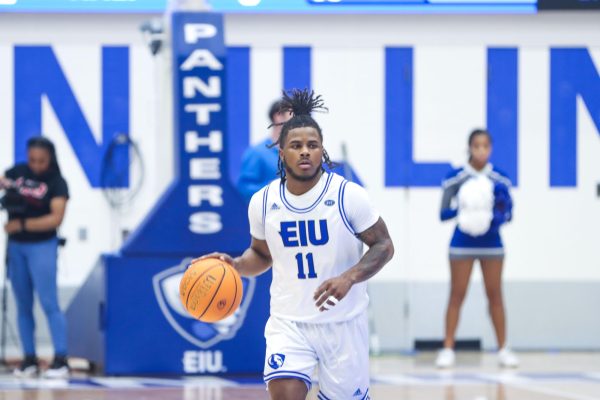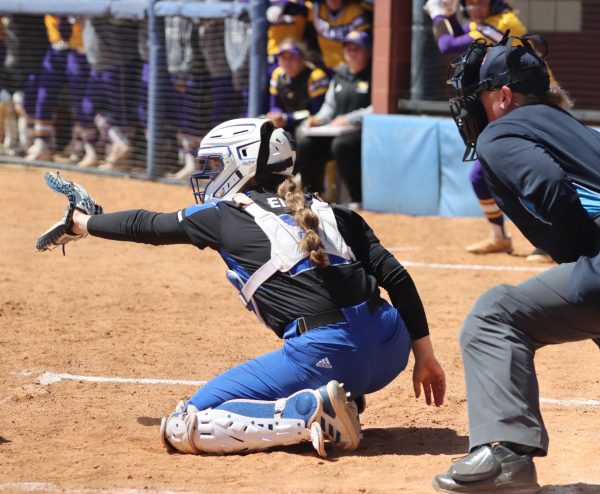Local military played a role in war on terror
Following the Sept. 11, 2001 attacks, confusion spread throughout the United States, including Eastern’s ROTC program, which lost enrollment initially but has since grown.
Since the attacks, Eastern’s ROTC program has seen some small changes. Enrollment dropped but rose again. One student temporarily left the program to serve his country, and program requirements have become a bit tougher, said Maj. David John of Eastern’s ROTC program.
“There was a lot of confusion at that time,” John said. “People at that time made some quick decisions.”
One of the biggest decisions people made was to leave the program.
“People have to take a reality check within themselves and decide if this is really what they want to do,” John said. “It isn’t for everybody.”
Some shy away from the thought of actual warfare when they realize how close they are to it, John said.
“It may not be us who gets called, but someone’s going to be chosen,” he said.
One Eastern student made that reality check and came up with a rare decision.
John did not release his name, but one Eastern student chose to go over to Germany in a National Guard supporting role to assist the fighters in Afghanistan.
The Army cannot require ROTC students to leave school and help with the war efforts, but this student made the choice on his own.
“He could have stayed and completed school, but camaraderie led him to his unit,” John said.
The student is still in Germany.
Although the initial ROTC enrollment dropped because students were leaving, enrollment began to rise over the year.
“With the American public giving so much support, all the flag waving, all the hype, I think we have seen an increase in enrollment throughout the forces,” John said.
At Eastern, freshmen ROTC recruits nearly doubled this year, John said. Usually, about 60 freshmen step into the program each year. This year, over 100 joined, largely because of the patriotism spreading throughout the United States, he said.
Also, new recruits are staying instead of leaving like many did last year, John said.
Training has also gotten tougher since the Sept. 11 attacks, John said.
“Our higher command has put more requirements on our physical training and in the classroom,” John said.
“We’re putting cadets in a role with limited supplies to see what they can accomplish,” John said of the new emphasis on leadership roles throughout the ROTC program.
Students are put to tougher tests in physical activity such as water survival, John said. The training has become much more extensive.
John spent seven months in Afghanistan as a Senior Communications Officer for the 5th Special Forces Group of the U.S. Army.
He left for Afghanistan Oct. 4, just three weeks after the attacks.
John said he was surprised the public was still so emotional when he returned in April.
“People were still in shock,” he said.
John received the Bronze Star for his efforts in Afghanistan.
“For once in my life, I had the full support of the entire country.”







































